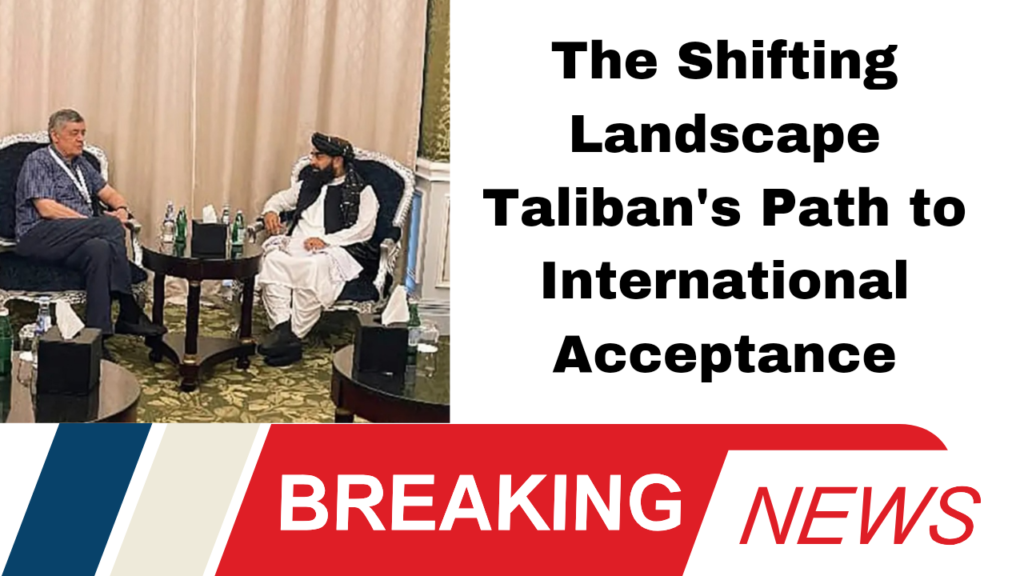Since the Taliban regained power in Afghanistan three years ago, their extreme policies especially regarding women’s rights seemed to set the stage for global isolation. However, recent months have seen a surprising diplomatic shift as several countries begin to engage with the Taliban, raising questions about the future of Afghanistan on the world stage.
Growing Diplomatic Ties Who’s Embracing the Taliban?
In a notable departure from the global consensus, several countries have started to build diplomatic ties with the Taliban. China led the way in January by formally welcoming a Taliban diplomat as Afghanistan’s ambassador, marking a significant step toward potential recognition. Following suit, the United Arab Emirates extended similar gestures in August, signaling a growing acceptance.
Uzbekistan’s Prime Minister also made headlines with a visit to Kabul, the highest-level foreign visit since the Taliban took control. Meanwhile, Russia has indicated it might remove the Taliban from its list of designated terrorist organizations, a move that could further legitimize the group internationally.
Taliban’s Diplomatic Expansion: Control Over Missions
With the collapse of the U.S.-backed Afghan government in 2021, the Taliban faced challenges in asserting control over the country’s diplomatic missions. Recently, the Taliban’s Ministry of Foreign Affairs announced that approximately 40 embassies and consulates now operate under its authority. This development not only reinforces the Taliban’s legitimacy but also enhances its ability to engage in international discourse.
Western Stance Pressure vs Engagement
While Western nations have been vocal in denouncing the Taliban’s treatment of women, their influence seems to be waning. The United States maintains stringent conditions regarding sanctions and recognition tied to women’s rights. However, as the Taliban remains unyielding, European leaders are increasingly seeking avenues for engagement, focusing on shared concerns such as migration and terrorism.
In June, United Nations officials successfully facilitated Taliban participation in a conference by deferring discussions on women’s rights indicative of a pragmatic shift in diplomatic strategies.
Implications for Afghanistan: Economic Opportunities and Social Costs
The growing diplomatic acceptance of the Taliban opens up crucial trade and investment opportunities, essential for Afghanistan’s ailing economy. Over the past year, the Taliban has issued numerous contracts aimed at exploiting the country’s rich mineral resources. This influx of investment could foster economic revival and bolster the Taliban’s standing among its supporters.
However, this new diplomatic embrace has created a paradox: while it offers economic prospects, it simultaneously reduces pressure on the Taliban to reconsider its oppressive policies toward women, posing significant challenges for Afghan women seeking basic rights and freedoms.
The evolving dynamics of international relations with the Taliban highlight a complex interplay of pragmatism and ideology. As countries grapple with the realities of a Taliban-led Afghanistan, the implications for both the Afghan populace and global politics remain profound. The world watches closely as Afghanistan navigates this uncertain path, balancing economic needs with pressing human rights concerns.











More Stories
Netanyahu Under Fire as Leaked Documents Scandal and Hostage Crisis Deepen
Mount Fuji’s Snowless Peak A Sign of Climate Change and Japan’s Cultural Icon in Crisis
Malik Mumbai’s 15 Crore Monthly Income ‘Haar Meri Jeet Apki Offer’ for WBBL 2024 Your Guaranteed Win or Refund!